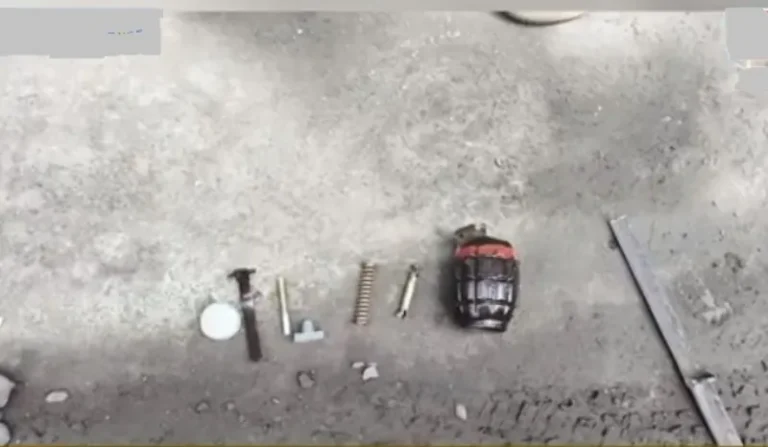Manipur HC Stays NIA Case Transfer from Imphal to Delhi
Summary
The Manipur High Court recently issued a temporary stay on transferring a high-profile National Investigation Agency (NIA) case from Imphal to Delhi. This case involves five Manipur village volunteers arrested by the NIA and granted bail by the special court in Imphal. The HC decision emphasizes procedural fairness, ensuring that local representation remains a priority in ongoing proceedings.
Detailed Article
Introduction: What’s Behind the Case Transfer?
Imagine the complexities surrounding a legal case that bridges local jurisdictions and national agencies. In Manipur, a case involving five local village volunteers has stirred discussions after the National Investigation Agency (NIA) sought to transfer proceedings from Imphal to New Delhi. This attempt, however, hit a roadblock when the Manipur High Court intervened, putting the transfer on hold. So, what does this mean for the local community, the legal teams, and the accused individuals?
Case Background: A Local Incident with National Attention
Understanding the roots of this case requires stepping back to the incidents that led to the arrest of five individuals in Manipur. These arrests were part of an NIA investigation focusing on activities allegedly impacting national security. However, given the local ties of the accused, there’s been a strong sentiment within the Manipur community that the case should be managed within the state, where it originated and where representation is more accessible to the accused.
Legal Grounds for Transfer: NIA’s Argument
The NIA, citing national security and the scale of investigation, petitioned to have the case moved to New Delhi. Their rationale primarily hinges on resources and the logistical advantages of handling complex cases within a centralized jurisdiction. The NIA believes that transferring the case could lead to a more streamlined process, allowing federal agencies to conduct a thorough and unimpeded investigation.
The High Court’s Stand: Upholding Fair Representation
The High Court’s intervention in this case marks a significant move toward ensuring judicial fairness and local accountability. By halting the transfer, the court emphasized the importance of keeping certain cases within the local jurisdiction to avoid depriving the accused of nearby support systems and localized legal representation. Local voices in Manipur argue that moving the case to Delhi could unfairly burden the accused, who may lack the resources for effective representation far from home.
Implications for the Local Community
This case isn’t just a legal proceeding—it’s a social touchstone. For the local community, the High Court’s decision feels like a victory. Many argue that transferring cases out of state, especially those deeply rooted in the local context, could set a troubling precedent. The case underscores a broader conversation on how local matters should be handled within state borders whenever possible, without immediate federal intervention that might overlook local nuances.
Procedural Fairness: A Core Concern
One of the main concerns surrounding the case transfer is procedural fairness. Every individual has the right to a fair trial within their local jurisdiction. Moving the case to Delhi would likely pose practical and logistical challenges for the defense, especially in terms of time, money, and access to legal counsel familiar with regional specifics. The Manipur High Court’s interim stay is a reminder of this foundational legal principle.
What’s Next? Upcoming Legal Proceedings
With the case set to continue in Manipur, many are watching closely to see how the proceedings unfold. The court’s decision to hold off the transfer doesn’t mean it’s off the table entirely—there could still be future arguments presented by the NIA for why they believe the case warrants relocation. For now, however, the legal teams will prepare to argue for or against the transfer in upcoming hearings.
FAQs
- What led the Manipur HC to halt the NIA case transfer?
The HC halted the transfer to ensure the accused’s right to fair representation within their local jurisdiction. - Why did the NIA want to transfer the case to Delhi?
The NIA argued that the complexity of the case and the resources needed for the investigation could be better managed in Delhi. - How does the local community view this stay?
Many in the Manipur community feel the stay is a positive step, reinforcing the value of local jurisdiction in regional cases. - Could the case still be moved to Delhi?
Yes, the interim stay is temporary, meaning the NIA may still push for the transfer in future proceedings. - Why is procedural fairness significant in this case?
Procedural fairness ensures the accused have access to local representation and minimizes logistical burdens, upholding justice principles.



